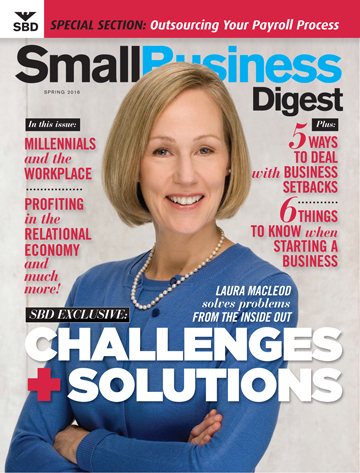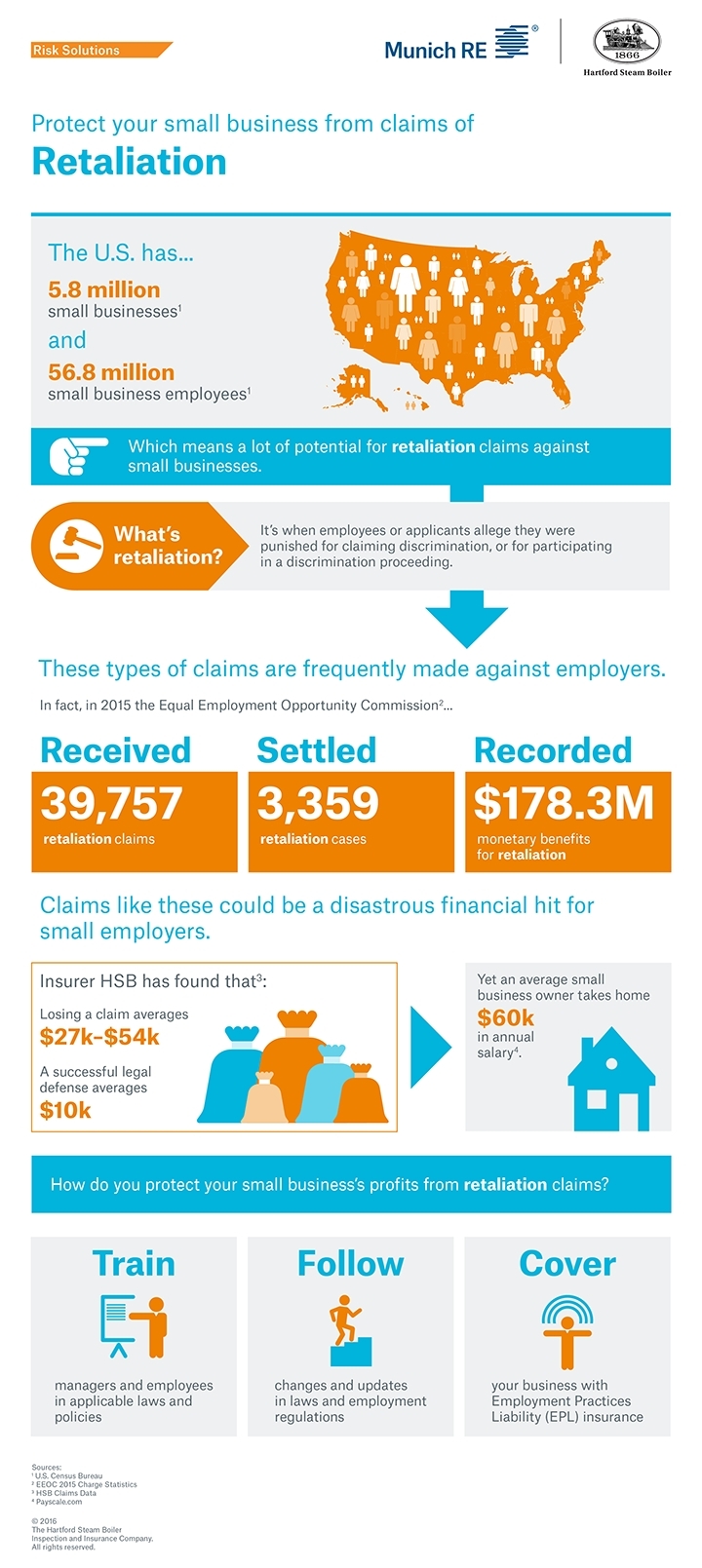Small Business Leaders Need To Remain Open To Possibilities
“The future belongs to those who see the possibilities before they become obvious.”
To learn how small business leaders can devote part of their working day to this task, John Sculley, former CEO of Apple and Pepsi, has written a book offering a step-by-step approach.
The book, “Moonshot!” assists in the eye opening of possibility seekers.
Sculley has been an entrepreneur for over twenty years since his leaving Apple. He says now is the most interesting time to be an entrepreneur, due to the era of major technologies, analytics, internet, cell phones, etc.
Sculley maintains the notion about the power shift to the customers through technology. He expresses the importance of paying attention to the opinions of other customers and the use of social media to pass on what customers like.
Due to the customer being in control, Sculley claims that the customer is always right. He expresses, “Collectively, the only thing is to satisfy the customers.”
Sculley explains that a common mistake most entrepreneurs make today has to do with the business plan. He says that many plans are backwards, for they need to build a customer plan with one purpose-- how to satisfy the customer.
“Moonshot!” teaches entrepreneurs how to achieve customer satisfaction along with the ten principles, one being how to solve a billion dollar problem. Sculley describes a billion dollar problem as a customer problem, as he illustrates his point with examples of health care.
In order for entrepreneurs to change people’s lives for the better, Sculley explains, “It is all about finding your noble cause.”
He reminisces on his days of working in the engineer lab with Steve Jobs and Bill Gates, as he remembers the two conversing on making powerful tools for the mind-- to change the world for the better. Sculley states, “At this time, they were talking about the computer and this was their noble cause.” He asserts the idea of a noble cause opened his eyes.
In terms of recognizing a good idea versus a trivial one, Sculley discloses that you have to look at the idea or the product through the lens of solving a customer problem.
Too often are entrepreneurs looking at the product idea and not the customer. “Think about why the customer might want a product like this, but never start with the product.” Sculley asserts.
More so, the success of an entrepreneur lies within the ability of being adaptive. Sculley says, “Change or wither. Adaptive innovators need to have a an open mind and curiosity.”
The goal of “Moonshot!” is to inform people on entrepreneurship and that is fundamental to the country and society to build new companies.
Sculley hopes “Moonshot!” is a book people will keep by their bed, for it is filled with real life stories of people who have built successful companies. “You don’t learn from your successes, you learn from your mistakes.” Sculley adds, “It is so important to get a variety of experiences.”
In his book, he has advice from entrepreneurs as to what they learned from building their companies, how to manage risk, how to deal with failure and turn it into an advantage.
Sculley maintains that the following traits help small business owners; Purpose, curiosity, urgency, action, and talent. “Moonshot!” digs into these ideas that can help entrepreneurs.




